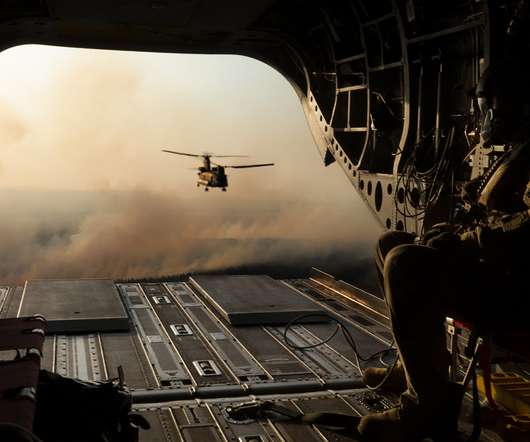Toilet paper and total war – the psychology of shortages and what it means for resilience
Logistics in War
MARCH 7, 2020
The difficulty experienced in obtaining basic household products – toilet paper for example – as consumers buy in preparation for a state of quarantine that may never come, as trite an issue as it may be, starkly demonstrates how critical human behaviour is in the calculus. The ADF has experienced this ‘tradition’ in the past.














Let's personalize your content